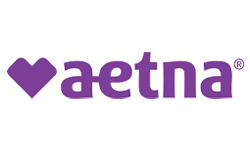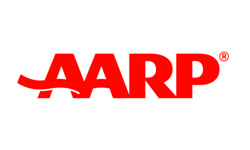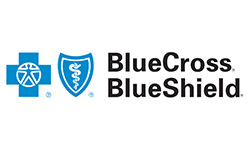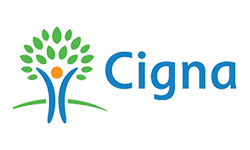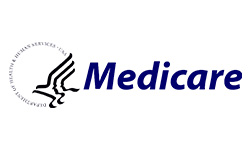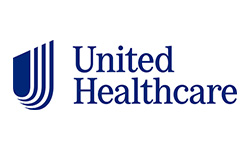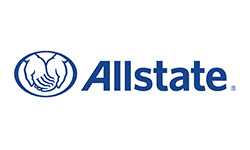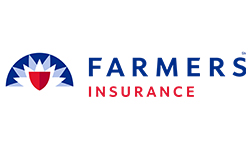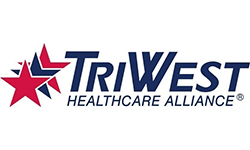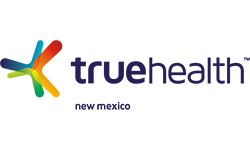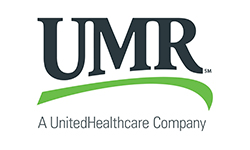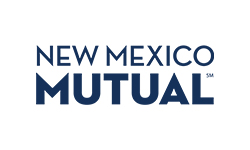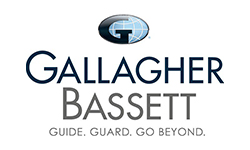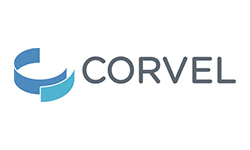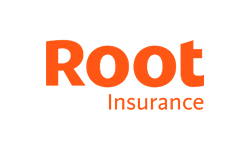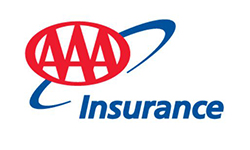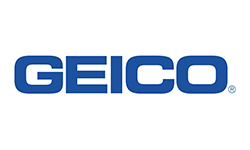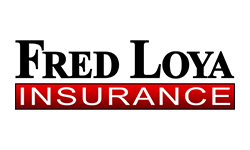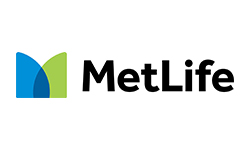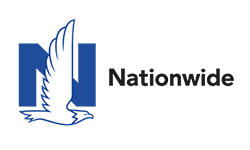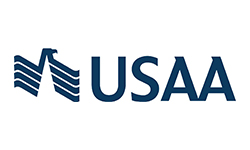You may have questions about who will pay your medical bills if you are involved in a New Mexico car accident. This includes your insurance, the insurance of the other driver, and your health care provider. This article will explain who is responsible for your damages and how each one should be paid.
If you are a named insured on your car insurance policy and were involved in an accident, you can file a “no-fault” injury claim. This coverage is required by New Mexico’s Personal Injury Protection (PIP).
If you have chosen this option when purchasing car insurance, you may also be able to claim your MedPay payout. MedPay coverage in New Mexico is not mandatory. MedPay can provide additional assistance for medical bills, as it can pay deductibles or co-pays. MedPay, as the name suggests, can only be used to pay for medical expenses. Combining PIP with MedPay could prove to be very beneficial.
MedPay is similar to PIP and covers medical expenses regardless of fault. MedPay does not cover other expenses. It cannot help with income loss or costs for services you are now responsible for, such as lawn care or child care. MedPay has the advantage of not making the insured pay deductibles and coinsurance for medical treatment. It can also pay for deductibles, coinsurance, and co-pays for other types of insurance, including PIP.
PIP and MedPay claims can be referred to as first-party claims. These are claims you make against your insurance company and not against another party’s insurance. This is similar to your health insurance paying for a general exam. It is known as a third-party lawsuit when you file a claim against an insurance company that negligently insured the driver.
PIP and MedPay, also known as “no-fault” claims, pay benefits regardless of who was at fault for the accident. This theoretically eliminates the need to prove liability. New Mexico is not considered a “no-fault” state. Although PIP coverage covers up to $10,000, it doesn’t cover all your bills. New Mexico PIP laws mandate that your insurance pays 80% of medical bills. This will be capped at ten thousand dollars. MedPay will cover the remaining 20%. However, you will still be responsible for the 80%. MedPay would also cover the deductibles for your PIP coverage, which could be $1,000 or $2,000, respectively.
Your health insurance could also pay for PIP and cover additional medical expenses exceeding $5,000. You can also file a claim against your other driver’s insurer for Bodily Injury coverage. If they don’t have Bodily Injury coverage, you can use your Uninsured/Underinsured coverage if you choose to buy it.
What is PIP?
New Mexico law requires PIP to pay for medical expenses and lost wages. PIP covers your medical expenses and 60% of your lost wages within the above parameters. PIP also covers passengers, pedestrians, and bicyclists who were not in your car when you struck them. This does not include motorcycles. You can use PIP to cover relatives who live in the same home or any person driving the insured’s car. This article provides more information about PIP and the coverage it covers.
What’s MedPay car insurance?
New Mexico does not offer MedPay coverage. Although many drivers don’t have MedPay coverage, it could be helpful. This coverage can be used as an addition to your PIP coverage.
MedPay is similar to PIP. It covers you, your passengers, pedestrians, and bicyclists or bicyclists that you may strike. You may also be covered if you are injured while riding in another person’s vehicle.
Health Insurance and PIP
What happens if MedPay is unavailable and you have to pay the 20% remaining or exceed $5,000?
Your health insurance will pay the rest. However, they might ask for repayment from the other driver or your Uninsured/Underinsured Motorist coverage. Your health insurance company might be able to reimburse you if the claim is successful and the jury verdict or settlement is reached.
If you don’t have insurance or have been injured in an accident, you can sue the at-fault driver for the medical bills. However, this will take time. The settlement or trial may take several months to complete. During this time, you will still have to pay the medical bills.
The expenses associated with medical care following a car accident will be shared between your car insurance company via PIP, your health insurance (at least for now), as well as the policy of the other driver if they are found to be at fault.
Tell the doctor that you were in an auto accident when you went to the hospital or visited the doctor. This is something that most offices have a checkbox for. To ensure that your insurance pays your claims, you should consult an attorney with experience in personal injury. They will clarify the parties responsible for paying your bills and advise you on how to use your medical insurance.
For medical expenses related to your accident, the doctor’s office and the hospital will bill you for PIP or Med-Pay if you have chosen to purchase it. The co-pays, an additional 20%, and all costs above $5,000 will be billed to your health insurance company.
Contact your car insurance company and your health insurance company to ensure that everything is appropriately billed and paid. Your insurance company can then request reimbursement from the Bodily Injury coverage of the other party for any medical expenses they have paid.
You can also file a claim against another insurance company if you were required to pay out-of-pocket costs while you were being treated for your injuries. To ensure you get the proper compensation for your injuries, your attorney will assist you in filing this claim.
You may be compensated for expenses such as deductibles and co-pays, future medical treatment you might need, compensation for your time off work, or for any pain and suffering that you have suffered. You will usually not be involved in your car, or health insurance companies request reimbursement from the other driver.
Uninsured Motorist Coverage
Uninsured motorist coverage (UM) covers you, the person with insurance, for damage caused by another driver without insurance. In the coverage for underinsured motorists (UIM), if the Bodily Injury coverage of another driver is insufficient to cover the economic and non-economic damages, the policyholder can receive assistance in making up the difference. The purpose of uninsured or underinsured motorist coverage is to provide coverage for the insured.
Uninsured or underinsured Motorist pays for medical bills beyond the PIP benefits. Future medical expenses lost wages, future losses of earning potential, and pain and suffering are not covered. This coverage can be purchased at a small monthly cost to offset the potential for catastrophic consequences in a crash involving an uninsured/underinsured driver.

